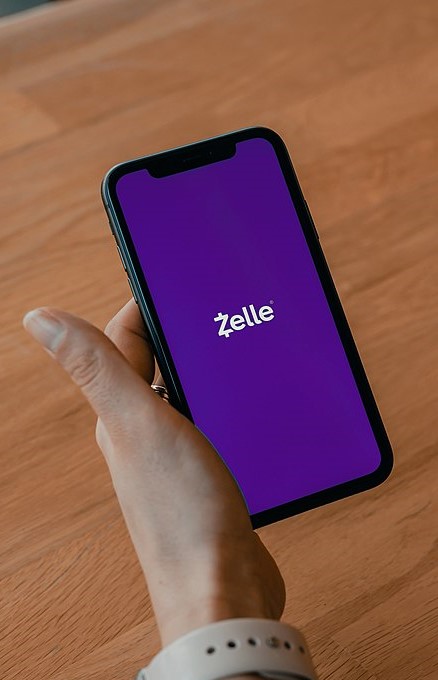There has been an increase in the demand for electronic commerce due to the limitations in the interaction between people, to stop the spread of the pandemic and most of the purchases were made through the Internet.
According to a recent survey by the US Federal Reserve, only 26% of all payments were made through the traditional method of transacting, while 65% of payments were made by …. you guessed it right, online banking platform. In this sense, the risks of payments through phones and digital wallets have also increased, making online payments a target of cybercriminals.
From the point of view of applications to make payments with the phone, one of the greatest risks is the loss of the device since it contains sensitive information, in addition to the data in the case of using payment apps. If the user does not properly protect this information, cybercriminals could accumulate charges on cards or use payment applications to make purchases.
Smartphones, just like other electronic devices, can also be infected with different types of malware. Your activity can be recorded after the malware infects your device. An app like a keylogger does this, allowing cybercriminals to obtain passwords or log-in credentials for accounts used to access paid applications.
How do you then protect yourself against these potential attacks?
The first thing to do to protect phone money and digital wallets is to enable all the security measures provided by smartphones. Doing this makes it more difficult for an attacker to access your device in the first place, since these require the user to verify their identity every time they want to access them, make a transaction or buy something.
Most payment apps also allow two-factor authentication, set it up! It is recommended that you have your notifications turned on. This will help you detect malicious transactions as soon as it occurs
Is Zelle a good option in terms of security?
Safety on online platforms with Zelle included is determined ultimately by you the user, thus your knowledge of the risks and how to handle your details will go a long in ensuring your funds are safe
Being created by the bank set Zelle at a very high level. If your bank is among the 30 banking institutions that came together to form Zelle, then you will not be needing any third-party app. This makes Zelle stand out amongst the other online platform. Zelle can be seen as an extension of your bank account in the real sense, therefore you most likely benefit from the security features of your bank.
On the flip side, transactions on Zelle are permanent. This is the highest security loophole we know Zell to have. Looking at it critically, the reason behind this lies in how Zelle was made to be. Remember us saying it is an extension of your bank account? You do buy stuff directly from your account right? Yes, you do not.
There is always a layer to pass through for example the layer that the use of a credit card or debit card puts in place.
Using Zelle directly removes this layer. The effect is a quicker transaction. This is perfect when transacting with close friends and families. Transacting with a malicious business would lead to your funds disappearing very quickly, leaving you no chance of getting your funds back.
Millions of people use Zelle without incident. While the potential for problems with Zelle shouldn’t be overlooked, it’s easy to protect yourself. Zelle is simply not designed for online shopping and should only be used with people you know and trust. Send money only to people you trust
It should never be used on strangers.

